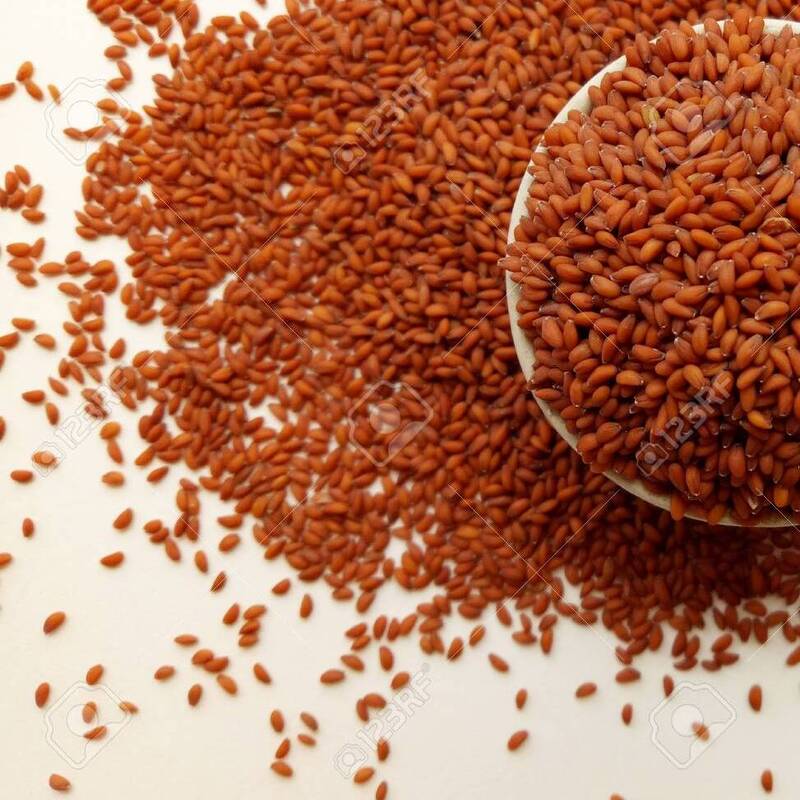Garden cress or aliv or halim is a green, cool-season perennial plant used as a leafy vegetable, typically used as a garnish. When mature, garden cress produces white or light-pink flowers, and small seed pods. It has long leaves at the bottom of the stem and small, bright-green, feather-like leaves arranged on opposite sides of its stalks at the top.
The seed contains arachidic and linoleic fatty acids. The seeds are high in calories and protein, whereas the leaves are an excellent source of vitamin A, C and folate. Cress (Lepidium sativum), sometimes referred to as garden cress to distinguish it from similar plants also referred to as cress is a rather fast-growing, edible herb. Garden cress is genetically related to watercress and mustard, sharing their peppery, tangy flavor and aroma.
Garden cress seeds are loaded with nutrition. When you learn about their health benefits, you’ll want to make them an part of your diet sooner than later.


